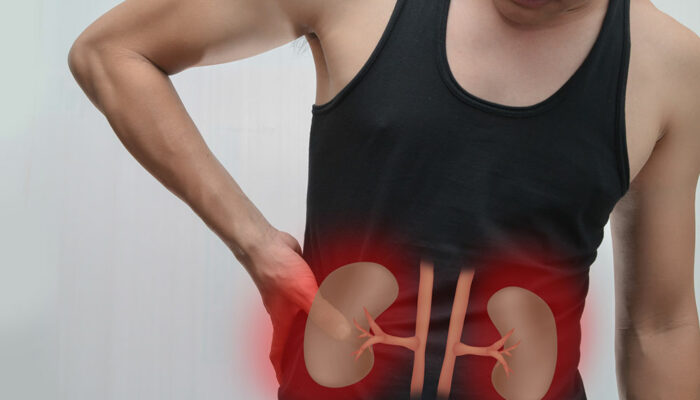
3 Early Warning Signs of Overactive Bladder
There could be a combination of several early warning symptoms of overactive bladder (OAB). The symptoms could include urinary urgency, incontinence, the frequent urge of urination and nocturia. In the country, not less than 30 percent of men and 40 percent of women live with the symptoms of OAB. These symptoms can disrupt one’s physical and mental health.
In the list below, one can learn about these symptoms to understand if they need any treatment.
Urinary urgency
Failure to postpone the need to urinate is known as urinary urgency. The urge to urinate becomes so strong that one cannot ignore it even when the volume of urine in the bladder is low. It happens due to the involuntary contraction of the muscles of the bladder. It is the most common symptom of overactive bladder. Due to urinary urgency, one may get a limited amount of time to reach a bathroom. One may experience the symptom of urinary urgency more often when they consume excessive amounts of liquid or have urethritis. However, for some people, this symptom may occur infrequently and for others throughout the day.
Recurring urge to urinate
As one of the early warning symptoms of overactive bladder, one may experience urinary frequency or a recurrent urge to urinate. The number of times one urinates throughout the day increases significantly compared to the usual experience.The number of times a person urinates in a day varies from person to person. In 24 hours, urinating more than eight times is regarded as “frequent urination” by many experts.
When one faces an urge to urinate, they may find there is an involuntary leakage of urine. It is also known as urgency incontinence. Although it is necessary to distinguish urgency incontinence from stress urinary incontinence (SUI) because people with SUI have urine leakage while laughing, sneezing, or doing various physical activities. One may also experience the symptom of urgency incontinence after pregnancy and childbirth as it weakens the pelvic muscles and leads the bladder to sag out of its usual position.
Nocturia
Nocturia or nocturnal polyuria can be another symptom of an overactive bladder. It can be understood as a nocturnal urinary frequency or having to urinate more often at night. We can sleep for 6 to 8 hours uninterrupted by the urge to urinate. Even when it is common to wake up once in the middle of the night to urinate, nocturia increases the frequency to at least two times.
If one experiences these symptoms, it can be an early warning sign of an overactive bladder. The presence of one or multiple of these symptoms can result in significant stress and negatively impact one’s life. Therefore, it is necessary to visit a healthcare provider for a professional diagnosis so that one can get the best guidance and treatment to manage these symptoms and improve the quality of life.



